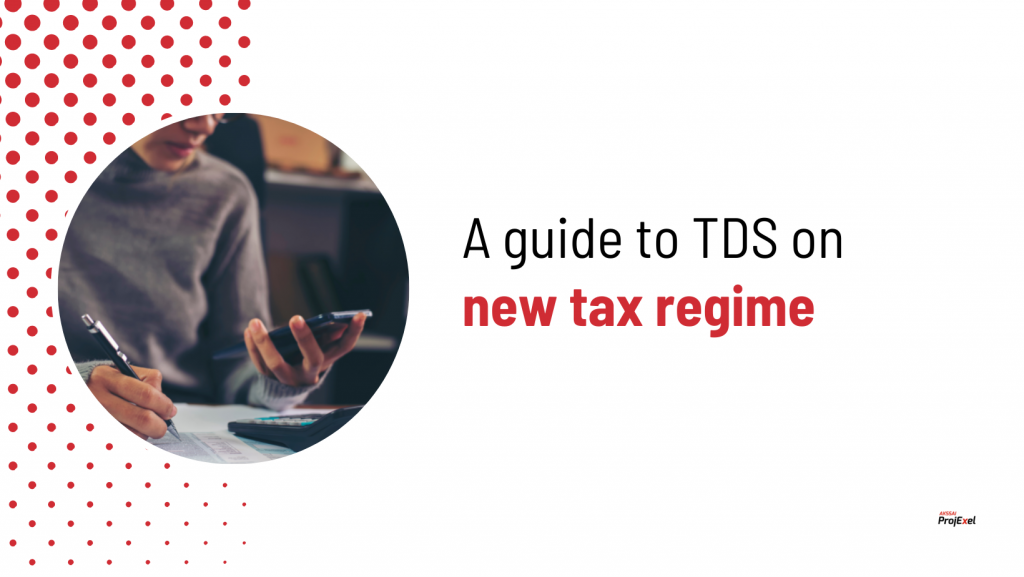The finance ministry has clarified that an employer must deduct TDS for FY 2020-21, from a worker’s salary on the premise of the brand new decrease tax regime if the employee opts for it and informs the employer of the identical. It’s additionally clarified that after the regime is opted by a person at the beginning of the financial year, then such a choice can’t be modified in the course of the financial year as far as TDS by the employer is concerned. Nevertheless, the choice will be modified at the time of income tax submitting.
The circular addressed the problem of tax deduction at supply from an employee’s salary in case the worker opts for a brand new tax regime in FY 2020-21.
As per the circular, an employee having earnings apart from the enterprise income (similar to salary income, and so on.) must inform his/her employer of his/her alternative tax regime for the continued FY 2020-21. The employer must deduct taxes from the employee’s salary accordingly.
As per the circular, “An employee, having earnings apart from the earnings underneath the top “profit and gains of enterprise or career” and aspiring to go for the concessional fee underneath section 115BAC of the Act, could intimate the deductor, being his employer, of such intention for every earlier yr and upon such intimation, the deductor shall compute his complete earnings, and make TDS thereon in accordance with the provisions of section 115BAC of the Act.”
This may imply that if an employee opts for the brand new tax regime then TDS on salary can be deducted as per the estimated complete tax calculated as per the brand new decrease tax rate regime as an alternative of as per the estimated tax calculated as per previous tax regime.
The circular clarifies that after the regime is opted by a person at the beginning of the financial year, then such choice can’t be modified in the course of the financial year. Nevertheless, as per the circular, the choice will be modified on the time of submitting income tax returns.
“The intimation so made to the deductor shall be just for the needs of TDS throughout the earlier year and can’t be modified throughout that year. Nevertheless, the intimation wouldn’t amount to exercising a choice when it comes to sub-section (5) of section 115BAC of the Act and the individual shall be required to take action together with the return to be furnished underneath sub-section (1) of section 139 of the Act for that earlier year. Thus, the choice on the time of submitting of return of income underneath sub-section (1) of section 139 of the Act might be completely different from the intimation made by such employee to the employer for that earlier year”, said the circular.
Additionally, as soon as an employee having enterprise income opts for a selected tax regime at the time of submitting income tax return, then such an employee can’t change the tax regime sooner or later. Subsequently, the tax regime as soon as opted by an employee on the submitting of ITR, then sooner or later years, such a tax regime has to be communicated to the employer, for the aim of deduction of tax.
As per the circular, “Additional, in case of an individual who has income underneath the top “profit and gains of enterprise or career” additionally, the choice for taxation underneath part 115BAC of the Act as soon as an exercise for an earlier year on the time of submitting of return of income underneath sub-section (1) of section 139 of the Act can’t be modified for subsequent earlier years besides in sure circumstances. Accordingly, the above clarification would apply to such an individual with a modification that the intimation to the employer in his case for subsequent earlier years should not deviate from the choice underneath part 115BAC of the Act as soon as exercised in an earlier year.”
The clarification has come after many tax consultants and chartered accountants had raised queries relating to how TDS was to be deducted from the salaries of workers as they might select between two tax regimes.

